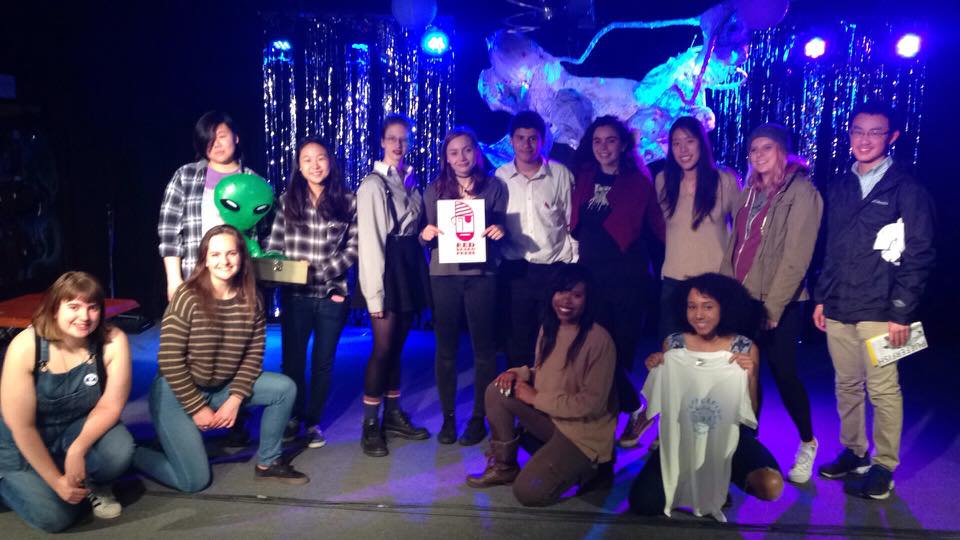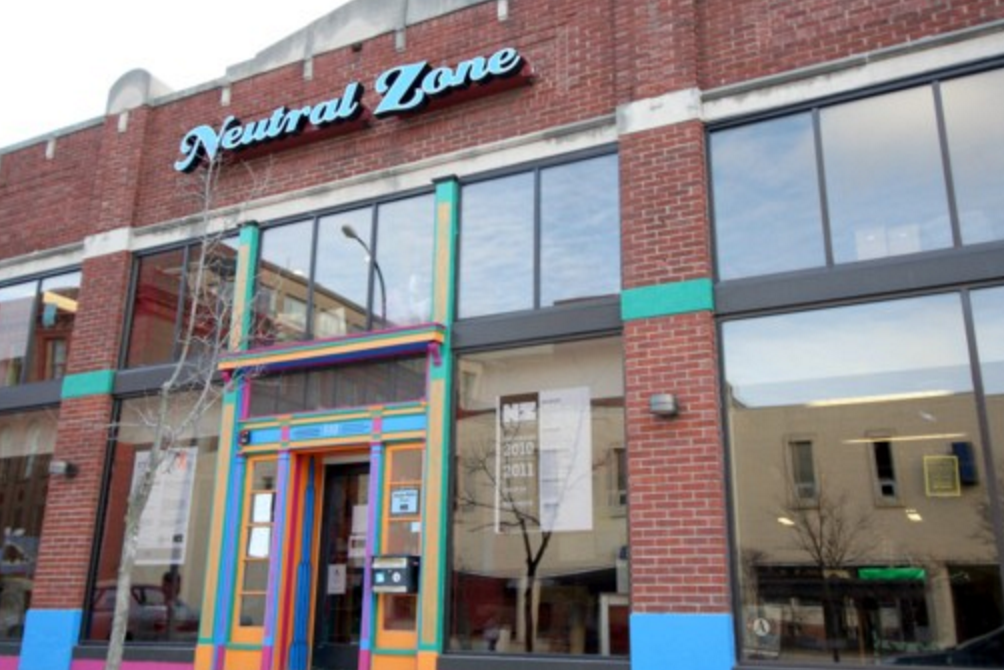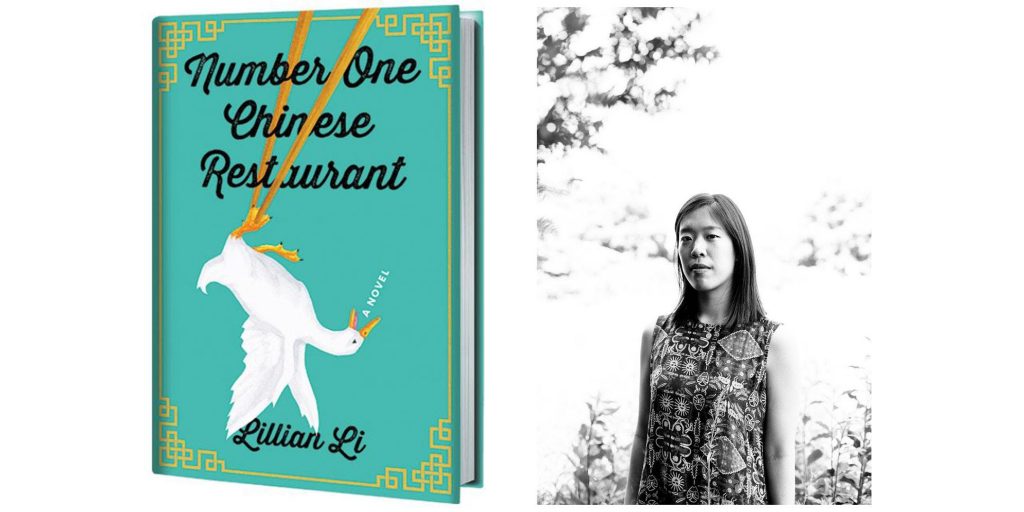I had wanted to build a Little Free Library.
My third year at the University of Michigan’s Helen Zell Writers’ Program, where I was an MFA fiction candidate, I, along with the rest of my cohort, was granted a Zell fellowship: An entire year, fully funded, where the only thing I had to do was write and stay in Ann Arbor. And complete a small project for the community. In the weeks before the summer started, the faculty asked us to submit a handful of pitches for this project. Some of my classmates pitched a special workshop they would teach to the first and second-year MFA students. Others offered to collect teaching materials. I wanted to build a wooden box on a stand that would hold two shelves’ worth of books, and plant this stand in some lucky homeowner’s front lawn. I would learn carpentry skills, find lumber, and, no doubt, rig up a lottery for all the interested parties vying to have their own lending library open to the entire neighborhood.
I had first seen these little libraries on my walks around the Burns Park neighborhood, which my first apartment in Ann Arbor bordered. I had never heard of a “Little Free Library” before, and with no other frame of reference, I called them “birdhouses for books” for months until I learned they had a real name. Though I now know Little Free Libraries exist in 88 countries and have been around since 2009, they will always feel like a distillation of Ann Arbor to me.
Which was why, my third, and potentially last, year in Ann Arbor, I wanted to build a library of my own. I was already researching woodworking classes at the community college when my pitches were returned to me. A big X covered my paragraph on Little Free Libraries. My second pitch; however, had been circled enthusiastically.
My second pitch was to create a high school literary journal with one of the Ann Arbor public schools. My own high school lit journal had been pivotal in my early identification as a writer. It was where I first saw my words in print, which no doubt inspired me to do anything I could to see them in print again. But with no classes on how to start a high school literary journal at the community college, I began to flounder.
Luckily, I found a friend who volunteered with teens in the area. He pointed me in the direction of two teachers, Jeff Kass at Pioneer and Ellen Stone at Community. I expected, with the summer already here—the sacred oasis for teachers everywhere—I would hear nothing back until the school year started up again. Instead, both Jeff and Ellen wrote back immediately, and agreed to meet me for coffee. Through them, I learned that certain high schools in the area (Pioneer and Huron) had lost their literary magazines through budget cuts, while others (Community and Skyline) had flourishing ones helmed by experienced teachers. Actually, I first learned that Ann Arbor had more than one public high school. Four in fact, a number that astonished me given my impression of the town as no larger than the university campus I had spent the entirety of my two years on. With Jeff and Ellen’s help, I realized that rather than picking one of the two high schools without a literary journal, I could instead try organizing an intra-high school lit journal, fielding submissions from any teen in the Ann Arbor-area.
My cloistered view of Ann Arbor continued to open up. When he learned that I needed not only teens, but funding, to start my project, Jeff Kass sent me to the Neutral Zone, a teen center in downtown Ann Arbor. Walking up to a large, colorful brick building with art pasted to the windows, I realized that I had always passed by the center without properly seeing it. I learned about the Neutral Zone’s youth-driven programs, including sound-mixing classes, poetry workshops, and a printing press called Red Beard, which I would come to know and love in the coming year.
Red Beard Press was a teen-run small press that came out with poetry collections and anthologies, which they sold to local bookstores and on the Neutral Zone website. They had the resources to take on my project, but first, I had to convince them that an intra-high school literary journal was the right idea. They had already planned a follow-up anthology of short stories to the one (on poetry) they’d published the year before, as well as a collection by the Chicago poet H. Melt. Also, they had no idea who I was.
Believe me when I say I was so nervous I couldn’t stop practicing my pitch the days leading up to my meeting with the teens of Red Beard Press. Suddenly, a pitch I had written as a sloppy accompaniment to my dreamy bid at becoming someone who knew how to work a table-saw had transformed into the only project I wanted to do. The time I had invested up until that moment was negligible. I had spent exponentially more hours procrastinating writing my novel than talking to teachers and teen organizers. But the hours I had spent had given me something more vital: a foothold into a town that I had lived in without ever really intending to stay.
Like my classmates, I had anticipated spending three years, four at most, in Ann Arbor, with the sole purpose of finishing the novel I had started in grad school. The town where I finished that novel was irrelevant. Before Ann Arbor, I had not stayed in a place for longer than five years, always moving states or towns or schools (or some combination of the three). Why should Ann Arbor, a place where none of my family was from, where none of my friends had moved to, be any different? But like refusing to decorate an apartment that you know you’ll eventually move out of (which I’ve also done), refusing to be a part of a town and its communities meant I had lived two years against a beige, bland backdrop, isolated from the simple joy of making a home, on the off chance that I would one day have to unmake it again.
I have now lived in Ann Arbor for six years. I have no plans to leave. Certainly, my jobs as a bookseller at Literati Bookstore, and a lecturer at the University of Michigan’s Sweetland Center for Writing, have made my place in Ann Arbor richer and larger than any other place I have lived. But before I knew my beloved co-workers at Literati and Sweetland, before I spent my days talking books with Ann Arbor’s people and reading books with its students, I met the young people of Red Beard Press.
Jaime, Lowe (now Aryeh), Clara, Natalie, Lionel, Klover, Mia, Julia, Osa, and Kenny, as well as the two Neutral Zone staffers who headed the press, Carlina and Mary, gave me the first place off-campus that felt open to me. Every Monday night, I would climb the carpeted stairs to the conference room where the teens would be scattered around a large meeting table, passing a bag of Oreos around. Soon, I came to meetings that had nothing to do with the high school literary journal, which we named Pufferfish. Then, I was volunteering at Red Beard’s events—the launch parties for Uncommon Core: Fiction Anthology and H. Melt’s The Plural, The Blurring.

My fellowship year ended. I became gainfully employed, and now that I was working the closing shift at the bookstore, I was no longer able to make my way up those carpeted stairs. The majority of the Red Beard crew had graduated and was now at college. Carlina was in Malaysia on a Fulbright. Mary was studying for nursing school. A chapter, just started, had once again ended. When I walked past a Little Free Library, I thought again about how a block of wood was more permanent than a group of people, a feeling, an open space.
Then, the spring of my fourth year in Ann Arbor, I received an invitation to the launch of Pufferfish Volume II. Finding a seat in the row of mismatched chairs and broken-in sofas, I held the new journal, glossy and heavy, in my hands. When the performers took the stage, holding their cellphones with practiced poise, their voices were jittery with nerves and pride. An enormous amount of food—brought potluck style by the Red Beard teens—covered the long tables by the merchandise stand. A classic Neutral Zone party, in other words: friendly and raucous and communal. I knew only a handful of faces, and yet I also felt that so little had changed in the year since I had been inside this colorful brick building. Clapping and cheering for the teen readers on the stage, I understood then that even if Pufferfish never published another volume, even if I eventually moved away and settled in a new home elsewhere, the Ann Arbor I knew had existed before me and would exist after as well. That permanence is not the same thing as being a part of a community. That sometimes when you want to build a library, you’re really trying to build a home.





